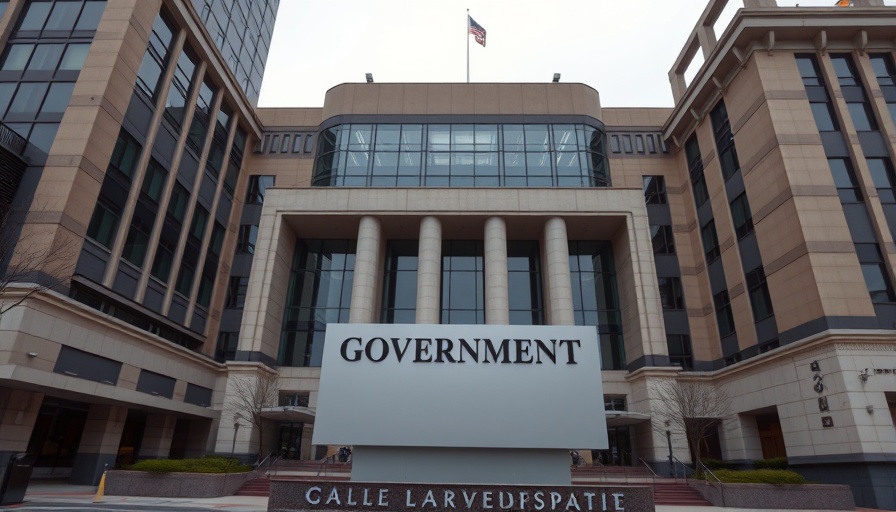
The Closure of Minority Health Offices: A Significant Step Back
The recent announcements from the Trump administration regarding the closure of the Centers for Medicare & Medicaid Services (CMS) Office of Minority Health (OMH) and the Department of Health and Human Services (HHS) Office of Minority Health have raised alarms across the nation. Founded under the Affordable Care Act (ACA), these offices played vital roles in addressing health disparities affecting underserved populations, including racial and ethnic minorities and patients in rural areas. As these offices prepare to shut down, many experts warn that this move not only undermines the progress of health equity but may also breach legal guidelines established to protect minority health services.
The Impact on Health Disparities
The closure of these offices, which collectively oversee critical initiatives aimed at reducing healthcare disparities, poses a substantial threat to the health and well-being of countless Americans. The CMS OMH was pivotal in coordinating programs addressing rural health, diabetes prevention, and data collection for understanding disparities in healthcare access and outcomes. Health organizations and insurers relied on this data to tailor interventions for vulnerable populations, ensuring that help reached those who needed it most.
Legal and Ethical Considerations
Legal experts are already flagging the decision as potentially illegal, asserting that the dismantling of these offices goes against laws designed to promote health equity. The potential ramifications signal a concerning disregard for the policies aimed at elevating health outcomes among underserved communities. It raises ethical questions about the government’s role in protecting the health rights of all citizens, especially those who are already disenfranchised.
A Call to Action from the Community
With the impending termination of these essential offices, community leaders and health advocates are voicing the need for immediate engagement and awareness among the public. Health and wellness organizations are encouraged to rally support and resources for grassroots movements that bring focus back to these vulnerable communities, urging governments and policymakers to maintain and enhance services aimed at health equity.
Implications for the Future of Healthcare
This significant shift in federal policy may set a precedent with long-lasting effects on how public health initiatives are approached in the future. As the nation grapples with disparities in healthcare access and quality, advocates are urging for a renewed commitment to diversity, equity, and inclusion initiatives rather than their dismantling. Failure to address these issues could lead to worsening health outcomes and increased disparities in the United States, making community accountability more crucial than ever.
Understanding the Broader Health and Wellness Context
The closures of these federal offices are part of a larger trend impacting health and wellness resources across the country. Communities are urged to explore alternative health and wellness initiatives that could mitigate the fallout from these closures. Educational programs focused on health equity and wellness can empower underserved populations, enabling them to advocate for their own health needs and access necessary resources.
Improving health and wellness in the face of these cuts requires collective action from local health organizations, community involvement, and ongoing dialogue about how to best support those disproportionately affected by health inequities.
 Add Row
Add Row  Add
Add 




 Add Row
Add Row  Add
Add 


Write A Comment